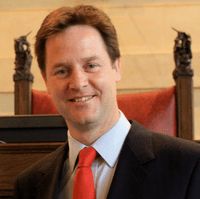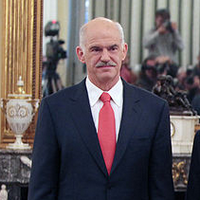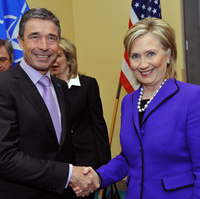
It is now widely recognized — including in the highest-level policy statements of the United Nations, European Union, African Union and NATO — that managing conflict requires a multidimensional, comprehensive, whole-of-government or integrated approach. All these approaches have a similar aim: to achieve greater harmonization and synchronization among the international and local actors, as well as across the analysis, planning, implementation and evaluation phases of the program cycle. One-dimensional or single-facet conflict-management responses are now viewed as superficial and counterproductive, in that they address only some aspects of a wider system. They thus tend to distort, shift or redirect tensions […]







